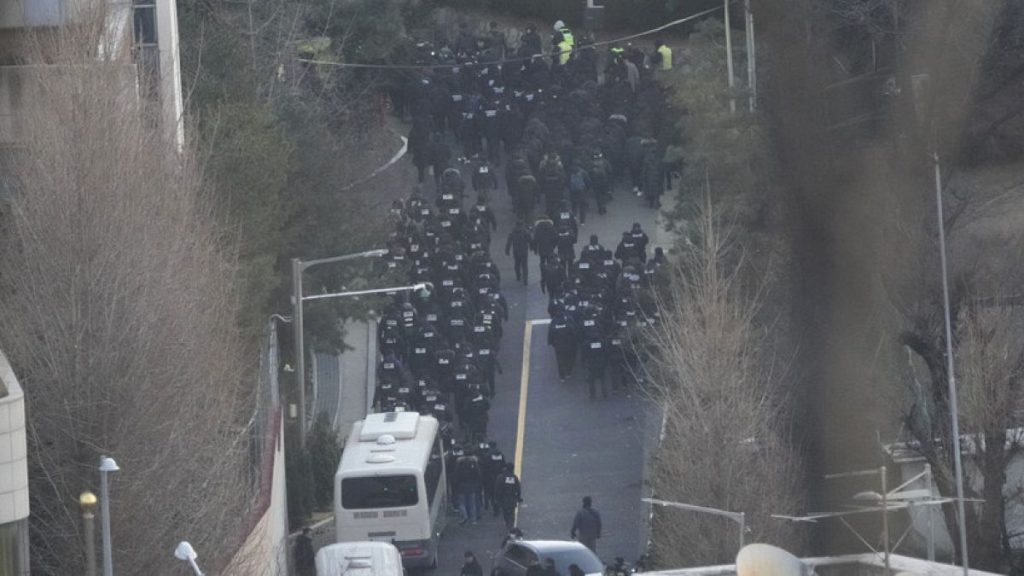The unprecedented arrest of South Korean President Yoon Suk-yeol marks a dramatic turning point in the nation’s political landscape. After a weeks-long standoff with authorities, Yoon became the first sitting president in South Korean history to be detained. The arrest stemmed from a controversial martial law decree he imposed and subsequently rescinded, a move that sparked widespread protests and accusations of authoritarian overreach. The dramatic events unfolded as hundreds of law enforcement officers descended upon the presidential compound, culminating in Yoon’s detention amidst a flurry of legal maneuvering and political turmoil. His arrest sends shockwaves through the country, raising questions about the stability of the government and the future of South Korean democracy.
The core issue at the heart of the crisis revolves around Yoon’s ill-fated martial law declaration, which he justified as a necessary measure to combat what he termed “anti-state forces.” Yoon accused the opposition party of obstructing his agenda and harboring sympathies for North Korea, rhetoric that further inflamed political tensions. The anti-corruption agency, in conjunction with the police and military, launched an investigation into whether the martial law decree constituted an attempted rebellion, a charge that carries grave legal implications. While South Korean presidents typically enjoy immunity from criminal prosecution, this protection does not extend to serious offenses such as rebellion or treason.
The standoff between Yoon and the authorities played out over several weeks, with the president ensconced within his official residence, vowing to resist attempts to remove him from office. He maintained his innocence, asserting that the martial law declaration was a legitimate exercise of his presidential powers. However, the opposition and a growing segment of the public viewed the move as a dangerous power grab, further fueled by Yoon’s inflammatory rhetoric against his political opponents. The tense standoff ultimately culminated in the dramatic scenes of law enforcement officers entering the presidential compound and taking Yoon into custody.
The events leading up to Yoon’s arrest involved intricate legal wrangling and negotiations. Initially, Yoon’s legal team indicated his willingness to cooperate with the investigation, proposing that he voluntarily present himself for questioning at the anti-corruption agency’s headquarters. However, this offer was seemingly rejected, leading to the authorities’ decision to forcibly detain the president. The deployment of a large contingent of law enforcement personnel underscored the seriousness of the situation and the determination of the authorities to proceed with the arrest.
The implications of Yoon’s arrest are far-reaching and potentially destabilizing for South Korea. The political turmoil triggered by the martial law decree and subsequent detention has created a deep rift within the country, raising concerns about the future of democratic governance. The standoff between the executive branch and the other branches of government, coupled with the unprecedented nature of a sitting president’s arrest, has the potential to further erode public trust in political institutions.
The international community is also closely watching the unfolding events in South Korea. The arrest of a democratically elected leader sends a strong signal about the fragility of democratic norms and the potential for political instability. The situation raises questions about the future direction of South Korean politics and the potential for long-term consequences for the country’s international standing. The events surrounding Yoon’s arrest serve as a stark reminder of the importance of upholding democratic principles and the rule of law, particularly in times of political tension and division.














